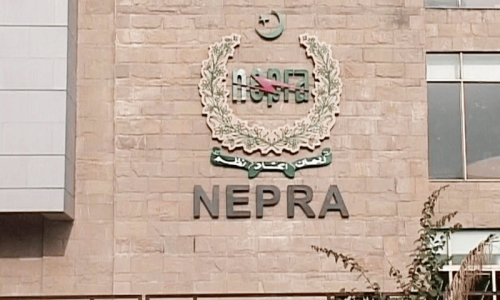If we knew the number of heart attacks that can be prevented only by good dental hygiene, we would protect our teeth with a new enthusiasm. Healthy teeth brighten up a conversation, help sway people to one’s side, and ironically, in our socially distributed country, white teeth are often an indicator of how rich a person is. They might, however, be forgetting the men in crisp kurta shalwars stepping down from a Prado just to spit out paan or gutkha.
Speaking about dental health is a non-starter if the person chews gutkha, paan or any other cancerous or tobacco-infused, areca nut-based preparations. These cancerous foods break down the teeth with disturbing ease. Addictive nicotine or betel leaf-based refreshments are cancerous but people hold on to such habits because of escapism, low cost of gutkha or chaliya packets, entertainment or trying out something new; at times, even because everyone else they grew up with did it.
Pakistan has the highest rate of people who suffer from oral cancer — an astounding 40pc of all cancer patients. The most common reason for oral cancer amongst Pakistanis is the abuse of tobacco and South Asian ‘snacks’ like paan masala, naswar, gutkha, maawa, mainpuri and other carcinogenic confections. Oral or buccal cancer can develop along the regions which have contact with carcinogens such as the cheeks and oral mucosa.
The incidence of oral cancer is unusually high in Pakistan and it’s time the use of carcinogenic edibles such as gutkha and chaliya were discouraged
Naswar is a combination of tobacco, slaked lime, tree bark ash and various colouring and flavouring agents and shouldn’t be considered an edible item: lime is a material used in road building and should have no contact with a person’s mouth; Katha is carcinogenic and the colouring used in paan, gutkha and naswar preparations that turns teeth red and creates the notorious paan stains we see being spat on the roads. The damage it causes to the teeth cannot be brushed away, and a dentist can only treat it once their patient stops using areca nut-based preparations.

Adding to these evils, maawa and mainpuri are so dangerous that their continuous use can cause cancer within six months. They cause oral fibrosis, a pre-cancerous stage where your gums turn leathery and you can barely open your mouth, which later turns out to be cancer in its worst phase.
Poor dental health can lead to death by endocarditis — an infection that spreads from the teeth to the heart, causing a heart attack. Poor dental health can also lead to the spreading of plaque to the roots of a tooth. If the infection spreads further — to the bone — it can lead to the infiltration and infection of the lymph nodes.
Taking utmost care of your teeth is not at all difficult. Dentists suggest that brushing your teeth at least twice a day is a must, preferably, after every meal. Definitely rinse your mouth out after every meal and if a toothbrush is not available, gargle with mouth wash. Reduce the intake of sugar, and cut it out after your 20s.
According to dentist Dr Farzana Sajjad, flossing everyday is more than twice as effective as brushing your teeth. This does not mean neglecting to brush everyday, even if you floss.
What the individual can proactively do besides following these simple cleanliness tips is to go regularly for dental checkups rather than avoiding them until one is faced with unbearable pain. As Dr Ramsha Sajjad says, “Dentistry is not expensive, neglect is.”

If you can’t afford a dentist regularly, go to a government dental institution. Some hospitals are affiliated with universities and their students can perform dental treatment for free or at remarkably low cost.
Ideally, the government should be providing affordable dental care in the manner of Britain’s National Health Service or a national insurance system. However, as we know in Pakistan, dental health is an even more neglected aspect than general health.
There is a lot that can be done on a societal level, to curb evils like paan, gutkha, chaaliya and cigarette. In a country where almost 90 million people are living below the poverty line, government-funded dental camps would be a good start, followed by a circulation programme of dentists to reach out to remote village areas.
Slum dwellers, on the other hand, need to be offered subsidised care to encourage them to visit dentists and doctors. Public service messages widely aired on local channels can also be of great help. Dental health should be part of the school curriculum. Practical demonstrations of healthy dental practices are necessary, especially proper brushing techniques and flossing. In addition, making healthy food choices should be the focal point.
Published in Dawn, Sunday Magazine, March 13th, 2016













































